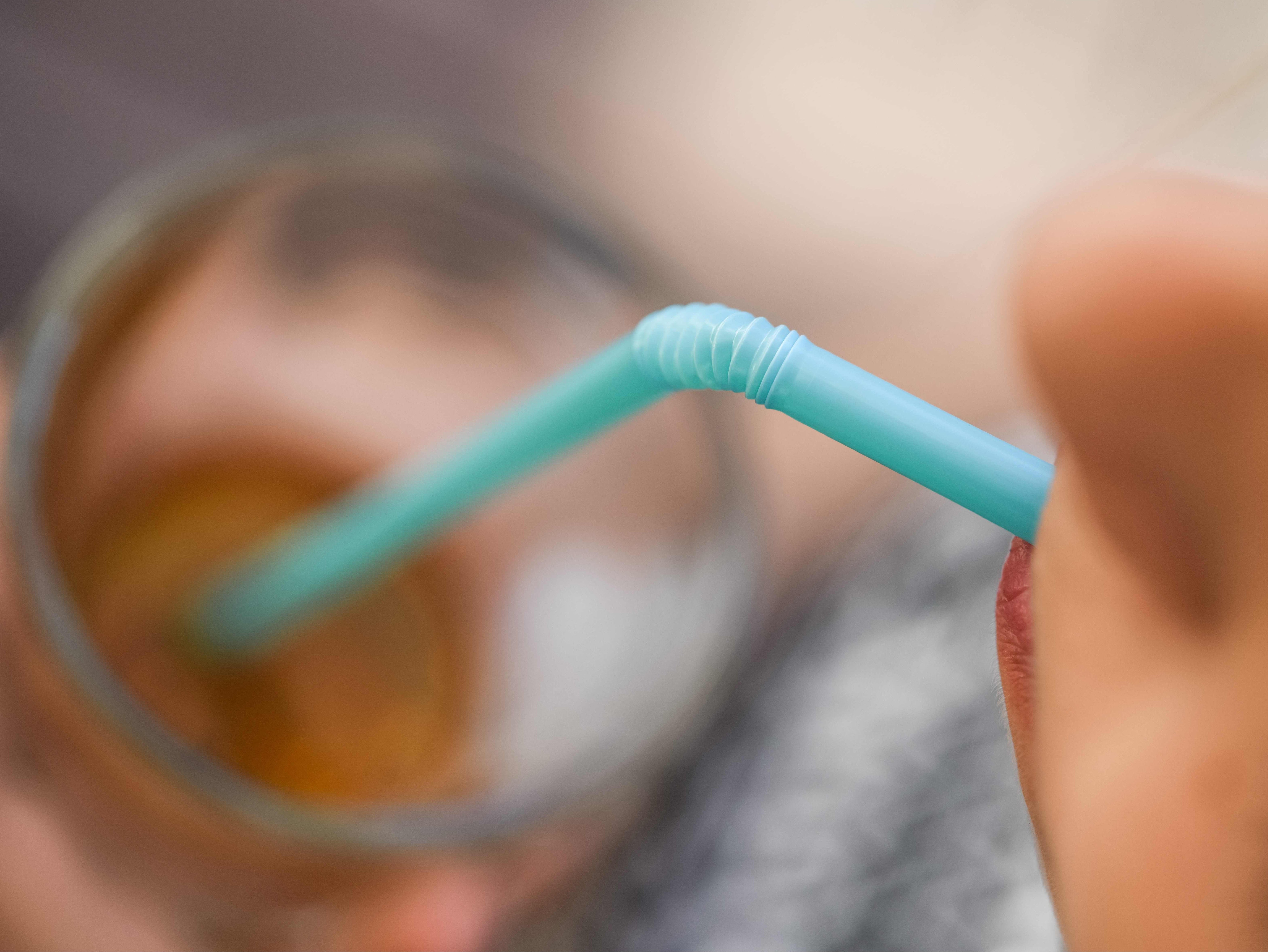Scientists create a new type of plastic that evaporates in the sun and air
Material could eventually be used inside electronic devices, scientists say

A group of Chinese scientists have created a type of plastic that degrades when it is exposed to sunlight and air, in what could be a breakthrough in the fight against plastic waste.
The scientists at Huazhong University of Science and Technology in Wuhan, China, were experimenting with colour-changing plastics in 2020 when they realised that it broke down after a week of exposure to air and light.
Resembling a type of film, the plastic is thought to be flexible and, according to the co-author Liang Luo, could be used in mobile phones and electronic devices in future.
While it is not a replacement for everyday items including plastic bottles and shopping bags, the degradable plastic could still contribute to a reduction in plastic use and waste if it becomes commercially available.
But as science blog PNAS reports, that could be years away.
Mr Luo told PNAS that his team of scientists “will continue to explore the degradation of plastics” and that it could take five to ten years for the degradable plastic film to be developed fully.
In a similar study by scientists in Berkley, California, a degradable plastic that could be broken down in acid and reformed was also discovered, called poly(diketoenamine) or PDK.
Scientists showed that the PDK plastic could be remade and even “upcycled” into a higher quality material, although for it to be widespread, would require shifts in existing recycling infrastructure.
While many plastics are recycled, it is often easier for governments and private firms to dispose of the material – thereby filling the world’s oceans with plastics that over time become tiny pollutants.
More than 300 million tonnes of plastic waste is currently produced per year, according to estimates from the United Nations, leading to warnings from scientists of an irreversible “tipping point” for environmental damage from plastics.
The Huazhong University study was published in the Journal of the American Chemical Society.
Join our commenting forum
Join thought-provoking conversations, follow other Independent readers and see their replies
Comments




Bookmark popover
Removed from bookmarks